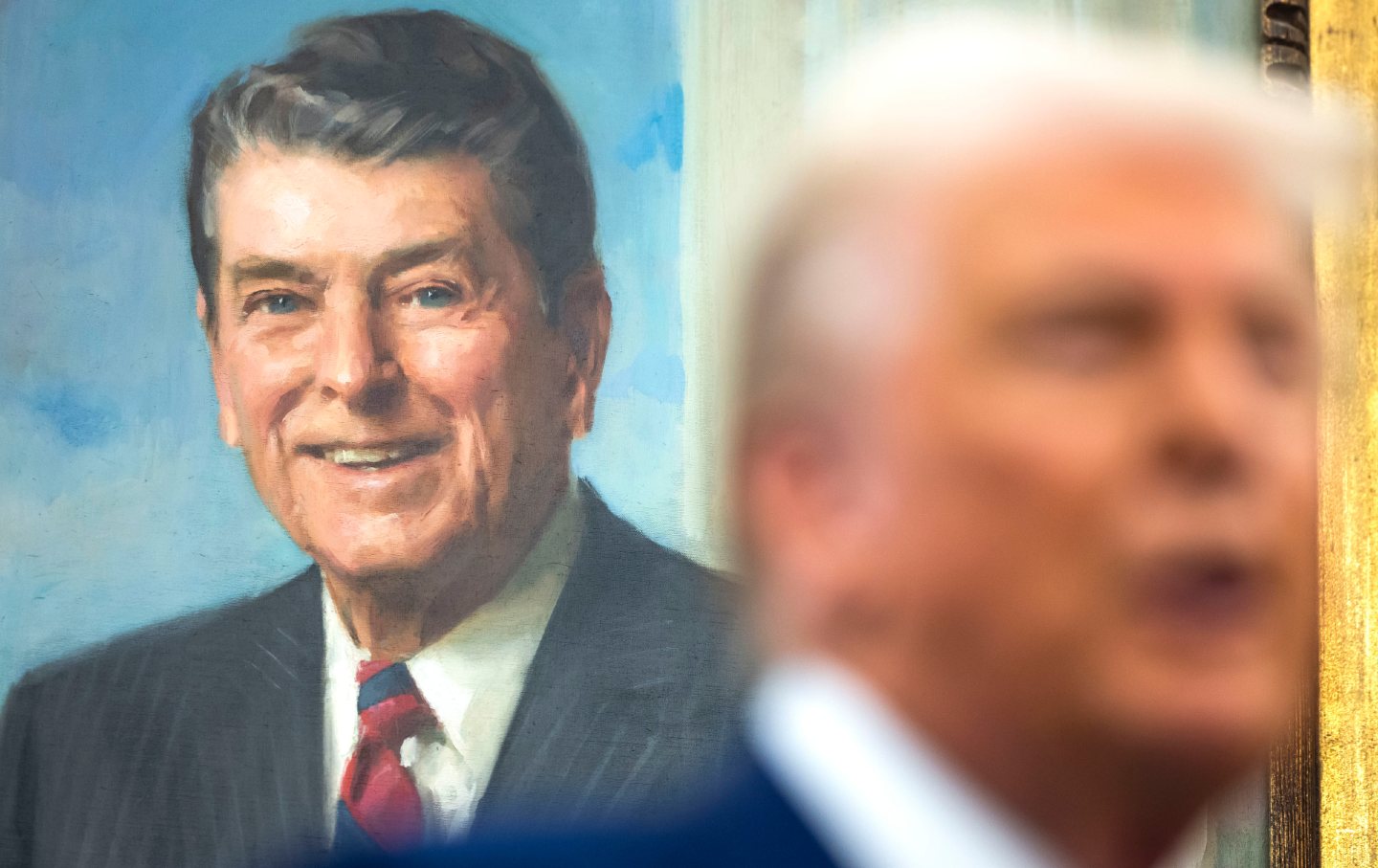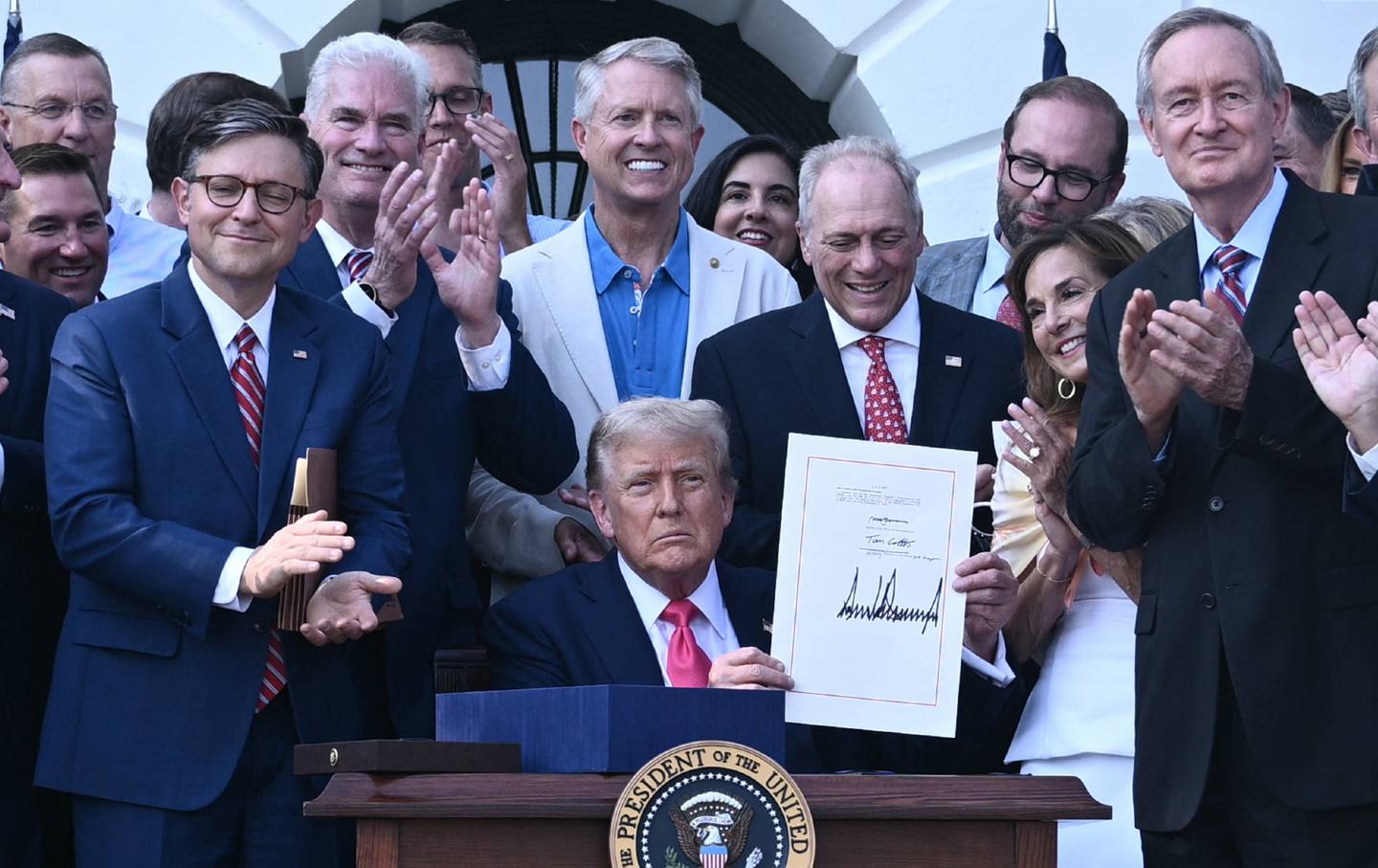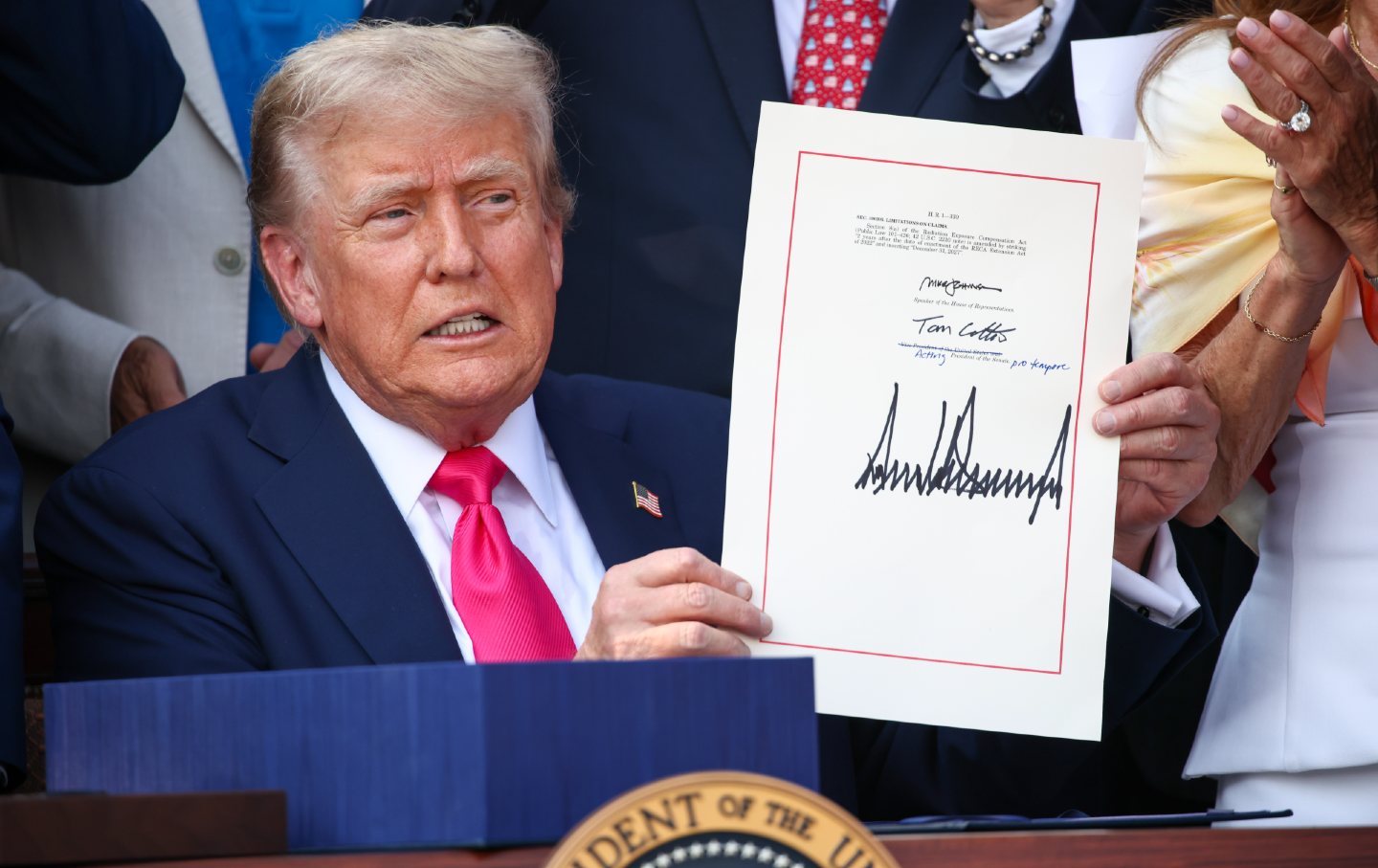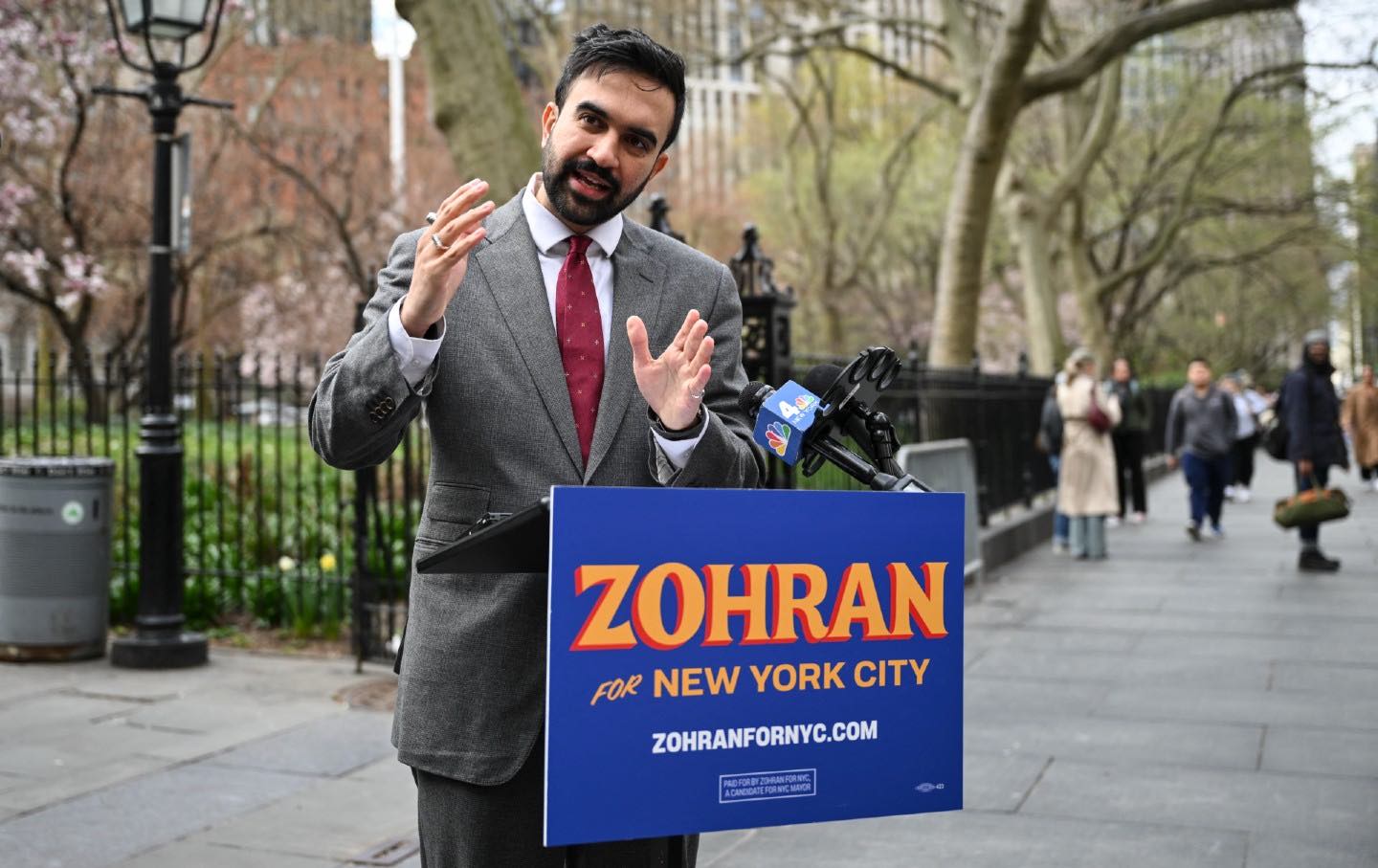In March 13, the leadership of the International Alliance of Theatrical Stage Employees (IATSE) Local 728, an offshoot of one of Hollywood’s oldest unions, representing several thousand gaffers and lighting techs, announced that it had purchased an unspecified amount of Bitcoin for its balance sheet. The announcement—made offhandedly at a union meeting and in a triumphant press release published in Bitcoin Magazine—marked IATSE 728 as the first private-sector union to acquire Bitcoin as part of its larger financial planning.
“This initiative, approved by an overwhelming majority of its membership, was executed with the assistance of Proof of Workforce, a nonprofit dedicated to helping unions adopt Bitcoin through education-based initiatives,” according to Bitcoin magazine.
That came as news to some IATSE members, who had no idea the union was considering diving into crypto markets, much less had put such a measure up for a vote. The union’s Facebook group lit up with dissent, according to screenshots shared with The Nation.
“Is this for real?” asked one member. “Could someone jog their memory and remind us exactly when this was ‘approved by an overwhelming majority’ of the membership? At which meeting did this go up for a vote?”
Others replied that while it had been discussed at a meeting, many members were unaware. They questioned the wisdom of the purchase, especially when many union members are struggling with basic necessities amid an industry-wide slowdown.
“It just doesn’t make sense as a long-term pension investment for a union,” said Michael Parks, a 29-year-old chief lighting technician who has been an IATSE member for eight years. “This is clearly a huge mistake, and they’re trying to insulate themselves from criticism.”
IATSE 728 didn’t announce the size of its Bitcoin purchase—or which crypto exchange or counterparty it was using—but union members were told that it amounted to about 1 percent of the union’s assets. IATSE officials didn’t respond to multiple requests for comment.
With their regular membership dues and large retirement funds, unions present a tempting financial target for Bitcoin promoters looking to onboard more users. To sustain its price, Bitcoin requires fresh infusions of capital—real dollars—and the consumer crypto market has largely floundered since the crash triggered by the collapse of the FTX crypto exchange in November 2022. In the last couple of years, the crypto industry has set its sights on institutional money—corporate balance sheets, pension funds, Wall Street exchange-traded funds, and now a government crypto stockpile potentially overseen by the Trump administration’s crypto and AI czar, David Sacks. Courting union treasurers is consistent with that strategy.
Proof of Workforce, the 501(c)4 nonprofit credited with helping IATSE 728 find religion on Bitcoin, is led by a firefighter and Bitcoin evangelist named Dom Bei, who has devoted himself to getting organized labor into Bitcoin. According to a story Bei has told interviewers, he was on duty at a Southern California beach in 2022 when he got a call about someone who had hurt themselves diving into the ocean. Bei and his crew attended to the swimmer, who complained of a sore neck. They decided to transport him to the hospital. It turned out that the injured swimmer was an analyst for Swan, a crypto company that facilitates Bitcoin transactions for well-heeled retail investors. It also turned out that the swimmer had a broken neck and needed emergency surgery. At a Bitcoin conference the next day, Bei met Cory Klippstein, Swan’s CEO, who thanked him for helping him save his employee’s life. Bei would describe the event as a pivotal “orange-pilling” for him—a moment when his faith in Bitcoin was renewed. (He later made the requisite coiner’s pilgrimage to El Salvador, where authoritarian President Nayib Bukele introduced Bitcoin as a second official currency, only to pull back on the project this year after a lack of interest among Salvadorans.)
Bei formed Proof of Workforce in 2023 with the mission of promoting the adoption of Bitcoin adoption for unions. A former Swan executive joined the board. (The organization’s technical adviser is someone who goes by the moniker D++.) Dei became active on the crypto podcast and conference circuit, preaching a kind of apolitical labor activism in which Bitcoin is the key to workers’ getting ahead. He touted himself as a union man and appeared on shows like The Progressive Bitcoiner and Blue-Collar Bitcoin.
Bei has taken credit for convincing several firefighters unions to buy Bitcoin, including his local in Santa Monica, where the city now has an “official Bitcoin office” coordinated by Proof of Workforce. Bei is passionate but not an ideologue. He speaks in a relaxed surfer’s drawl, encouraging workers to empower themselves with the latest digital financial instruments. Workers are getting a raw deal, Bei seems to think, but he doesn’t talk like a typical labor activist or union official about class, corporate power, or workers’ rights.
Bitcoin is “built to protect workers and our purchasing power and our precious time that we trade for money,” Bei said on the Coin Stories podcast.
Bei considered Bitcoin safe, without risk—he claims that, despite the currency’s notorious volatility, it has sustained an overall price appreciation over the last decade. He has also lauded public institutions, like a firefighters pension fund in Texas and a public pension fund in Wisconsin, that added Bitcoin to their balance sheets. He thought Bitcoin was a natural fit for firefighters. They both operate 24/7 and exist to help people, he said.
In an e-mail, Bei said that neither he nor Proof of Workforce received any fees or commission from IATSE 728. He would not disclose his organization’s donors. “I am the primary funder of the nonprofit,” he wrote.
Bei is now running for the board of trustees of CalPERS, the California public pension fund, which is the largest public pension system in the United States, with more than 2 million members and $500 billion in assets. With President Donald Trump and the Republican Party working to further legalize crypto’s gray markets—while removing all financial guardrails in the process—the crypto industry sees huge potential in tapping institutional investors and would surely like to see an ally on the CalPERS board.
Michael Parks, the IATSE lighting tech, says he would rather see his union address the urgent financial and workplace safety issues that he and his colleagues face. Hollywood remains in an economic slump, with not enough paying jobs to go around. Some underemployed IATSE members are behind on their dues, which means they can’t attend meetings and keep up with union developments. That includes Parks, who found out about the Bitcoin purchase from an Instagram post.
As its members struggle, IATSE 728 hasn’t reduced dues. The members who are still employed complain of the stresses of extended work days, and potential job-related injuries, including the danger of auto accidents as tired workers go on long commutes. “In the last few years, a few of us have died,” Parks said, mentioning a technician who was killed after falling through a broken catwalk on the set of the Disney show Wonder Man.
Parks isn’t convinced that Dom Bei’s Proof of Workforce is operating out of a sense of charity or worker empowerment. “Any increase in Bitcoin value, which is something he’s heavily invested in, will result in him getting more money,” said Parks.
Parks wants his local to listen to the members taken aback by the Bitcoin deal, divest its holdings, and promise never to invest in crypto—“unless,” he adds, “we’re planning on getting into money laundering.”
Take a stand against Trump and support The Nation!
In this moment of crisis, we need a unified, progressive opposition to Donald Trump.
We’re starting to see one take shape in the streets and at ballot boxes across the country: from New York City mayoral candidate Zohran Mamdani’s campaign focused on affordability, to communities protecting their neighbors from ICE, to the senators opposing arms shipments to Israel.
The Democratic Party has an urgent choice to make: Will it embrace a politics that is principled and popular, or will it continue to insist on losing elections with the out-of-touch elites and consultants that got us here?
At The Nation, we know which side we’re on. Every day, we make the case for a more democratic and equal world by championing progressive leaders, lifting up movements fighting for justice, and exposing the oligarchs and corporations profiting at the expense of us all. Our independent journalism informs and empowers progressives across the country and helps bring this politics to new readers ready to join the fight.
We need your help to continue this work. Will you donate to support The Nation’s independent journalism? Every contribution goes to our award-winning reporting, analysis, and commentary.
Thank you for helping us take on Trump and build the just society we know is possible.
Sincerely,
Bhaskar Sunkara
President, The Nation








